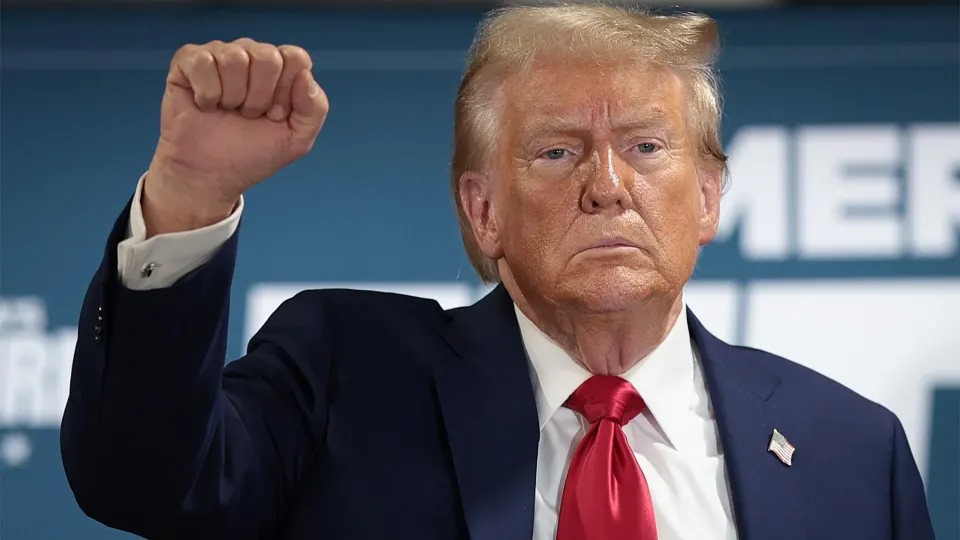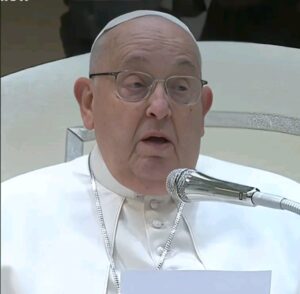
In a surprising political turn, former U.S. President Donald Trump has indicated that he may reconsider his stance on transgender rights if he secures another term in the White House. Speaking at a recent political rally, Trump hinted at potential policy changes regarding transgender individuals, a stark contrast to his administration’s previous restrictions on LGBTQ+ rights.
A Shift in Policy?
During his presidency from 2017 to 2021, Trump’s administration rolled back several protections for transgender individuals. Most notably, he reinstated a ban on transgender people serving in the U.S. military, reversing a policy put in place by his predecessor, Barack Obama. The Trump administration also withdrew federal guidance that allowed transgender students to use bathrooms corresponding to their gender identity.
However, at a rally in [City, State], Trump appeared to soften his stance. “We are looking at everything,” he said when asked about his policies on transgender rights. “We have to make decisions that are fair and just for all Americans.”
Mixed Reactions from Advocates and Critics
Trump’s statement has sparked a range of reactions across the political spectrum. LGBTQ+ rights organizations remain skeptical about his sincerity, given his administration’s track record. “Donald Trump systematically dismantled protections for transgender Americans during his presidency,” said Sarah Ellis, CEO of a leading LGBTQ+ advocacy group. “If he is now suggesting a reversal, we need more than words—we need action and commitment.”
Conservative groups that previously supported Trump’s restrictions on transgender rights have also expressed concerns. “We backed President Trump because he stood for traditional values,” said Mark Reynolds, spokesperson for a conservative policy think tank. “If he’s now considering legalizing transgender rights again, he needs to explain why.”
Possible Motivations Behind the Change
Political analysts suggest that Trump’s apparent shift may be part of a broader strategy to appeal to moderate voters in anticipation of the 2024 presidential election. Historically, Trump has been known for making bold statements to gauge public reaction before fully committing to a position.
“Trump’s latest remarks might be an attempt to soften his image and attract independent voters who were turned off by his administration’s hardline stance on social issues,” said Dr. Emily Carter, a political science professor at Georgetown University. “It could also be a response to recent polling data showing growing support for transgender rights across the U.S.”
Public Opinion and Legal Challenges
Over the past few years, public opinion on transgender rights has shifted significantly. Polls indicate that a majority of Americans support protections for transgender individuals in areas such as healthcare, employment, and military service. Several states have passed legislation expanding transgender rights, while others have enacted laws restricting them.
Legal experts point out that any move to reinstate protections would require significant legal and administrative effort. “Undoing past policies is not as simple as issuing an executive order,” said legal analyst Jordan Matthews. “If Trump were to support transgender rights, he would need to navigate a complex web of state and federal laws, as well as opposition from within his own party.”
The Path Forward
As the 2024 election season heats up, Trump’s stance on transgender rights will likely remain a key issue. Whether his remarks represent a genuine policy shift or a strategic maneuver remains to be seen.
For now, transgender Americans and advocates continue to push for concrete action rather than rhetoric. As one transgender activist, Michelle Torres, put it: “We need more than just promises. We need real protections and equal rights.”
The coming months will reveal whether Trump’s statement was a fleeting comment or the start
of a significant policy change.






